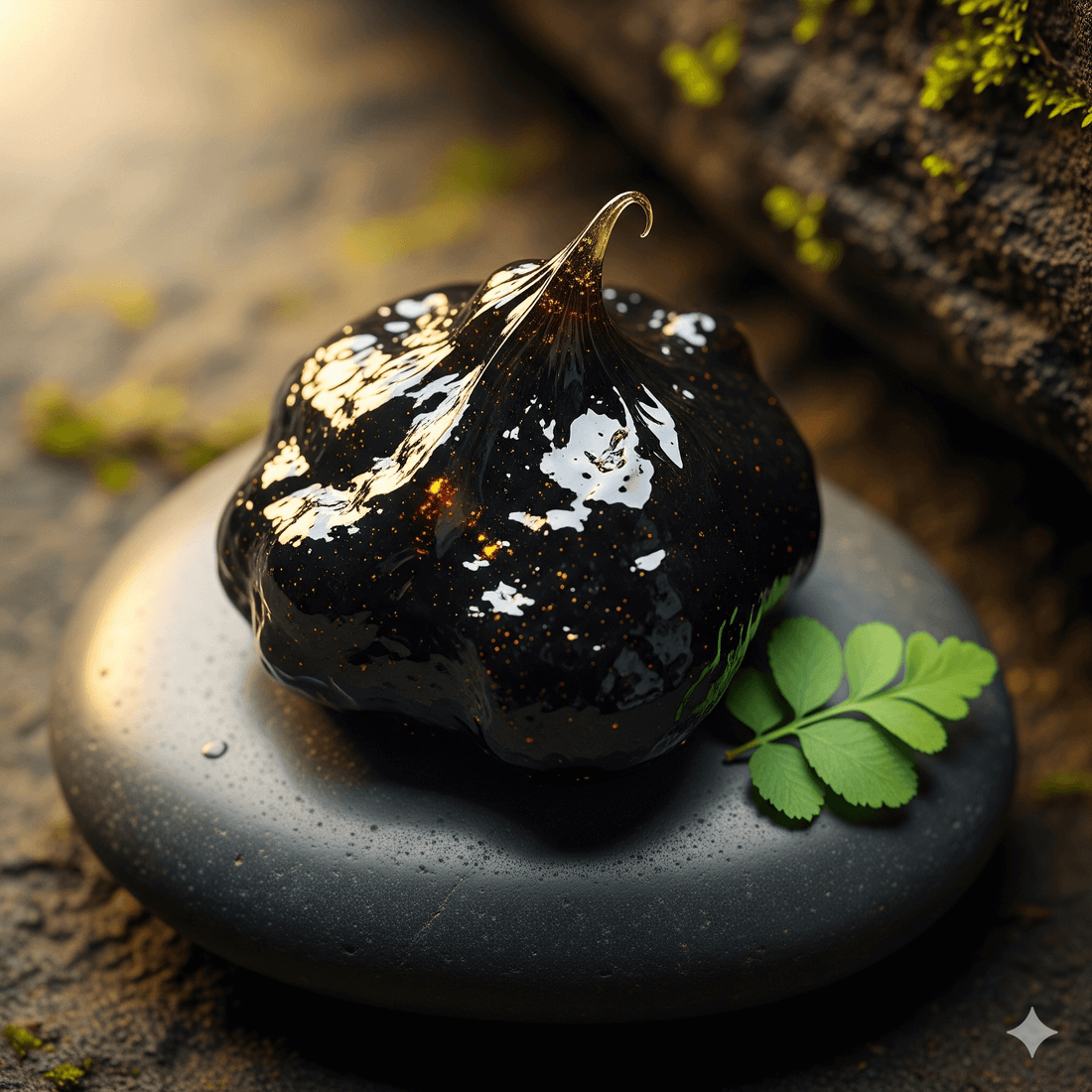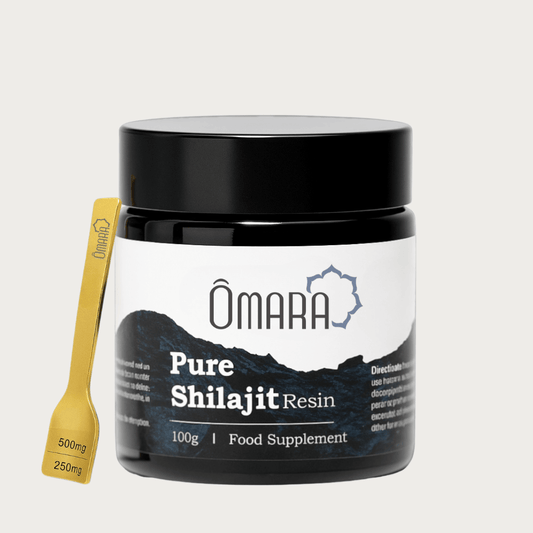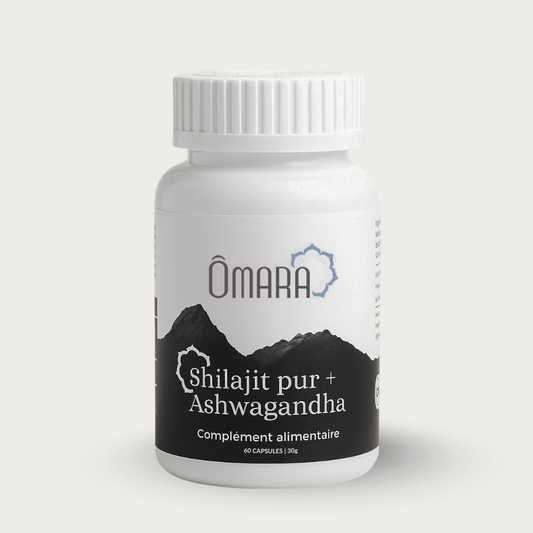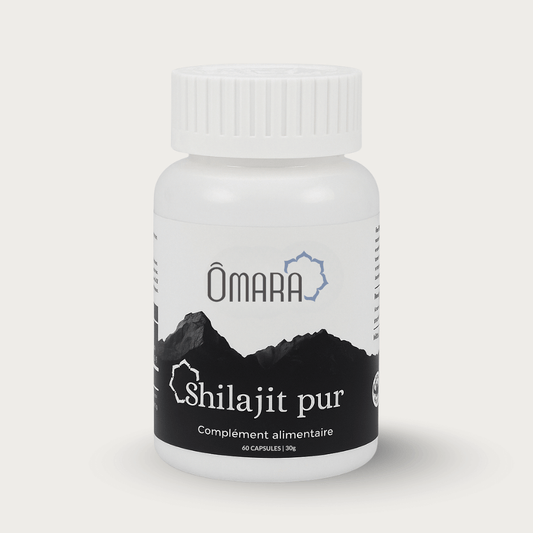
Shilajit: An Unexpected Ally for Your Heart?
Share
Faced with the rise in cardiovascular disease, more and more people are turning to natural solutions to take care of their hearts. Among them, one substance is intriguing and arousing interest: Shilajit . Used for thousands of years in Ayurvedic medicine, this "conqueror of the mountains" is now being studied for its potential benefits on our cardiovascular system. But what does science have to say about this? Let's dive into the heart of this ancient resin.
What is Shilajit?
Shilajit is a natural substance rich in fulvic acid and bioactive compounds that oozes from the rocks of the Himalayan Mountains. Considered a "powerful and very safe dietary supplement" in Ayurvedic tradition, it is said to restore the body's energy balance. Its main components, such as fulvic acid, humic acid, trace minerals, and dibenzo-α-pyrones, are said to give it antioxidant and anti-inflammatory properties and support mitochondrial function.
Potential Benefits for the Heart
Research, although still in its early stages, suggests that shilajit may have positive effects on cardiovascular health. Preclinical studies and a few clinical trials have highlighted potential benefits, including:
- Better regulation of blood pressure .
- Improving endothelial function (the health of the inner lining of our blood vessels).
- Reducing oxidative stress , a key factor in the development of heart disease.
However, it is important to note that the research still has limitations. The studies were conducted on small samples and for short periods of time. Larger and longer clinical trials are therefore needed to confirm these benefits and establish clear recommendations.
Quality and Purity: Essential Criteria
Be careful, not all shilajit is created equal! Raw shilajit can contain heavy metals and other toxic substances. Therefore, it is essential to choose purified, high-quality products for safe consumption.
The opinion of Health Professionals
Healthcare professionals consider shilajit a complementary therapy , not a replacement for proven medical treatments for cardiovascular disease. For those at low cardiovascular risk, a discussion with their doctor may be worth considering. However, for patients with severe or unstable cardiovascular disease, shilajit is generally not recommended.
In Conclusion
Shilajit is touted as a promising natural supplement for supporting cardiovascular health, thanks to its antioxidant and anti-inflammatory properties. However, it's essential to approach it with caution and choose high-quality products.
Before incorporating Shilajit into your routine, it is essential to talk to your doctor , who will be able to advise you based on your health. Shilajit could well be nature's helping hand for your heart, but always in addition to a healthy lifestyle and appropriate medical monitoring.



